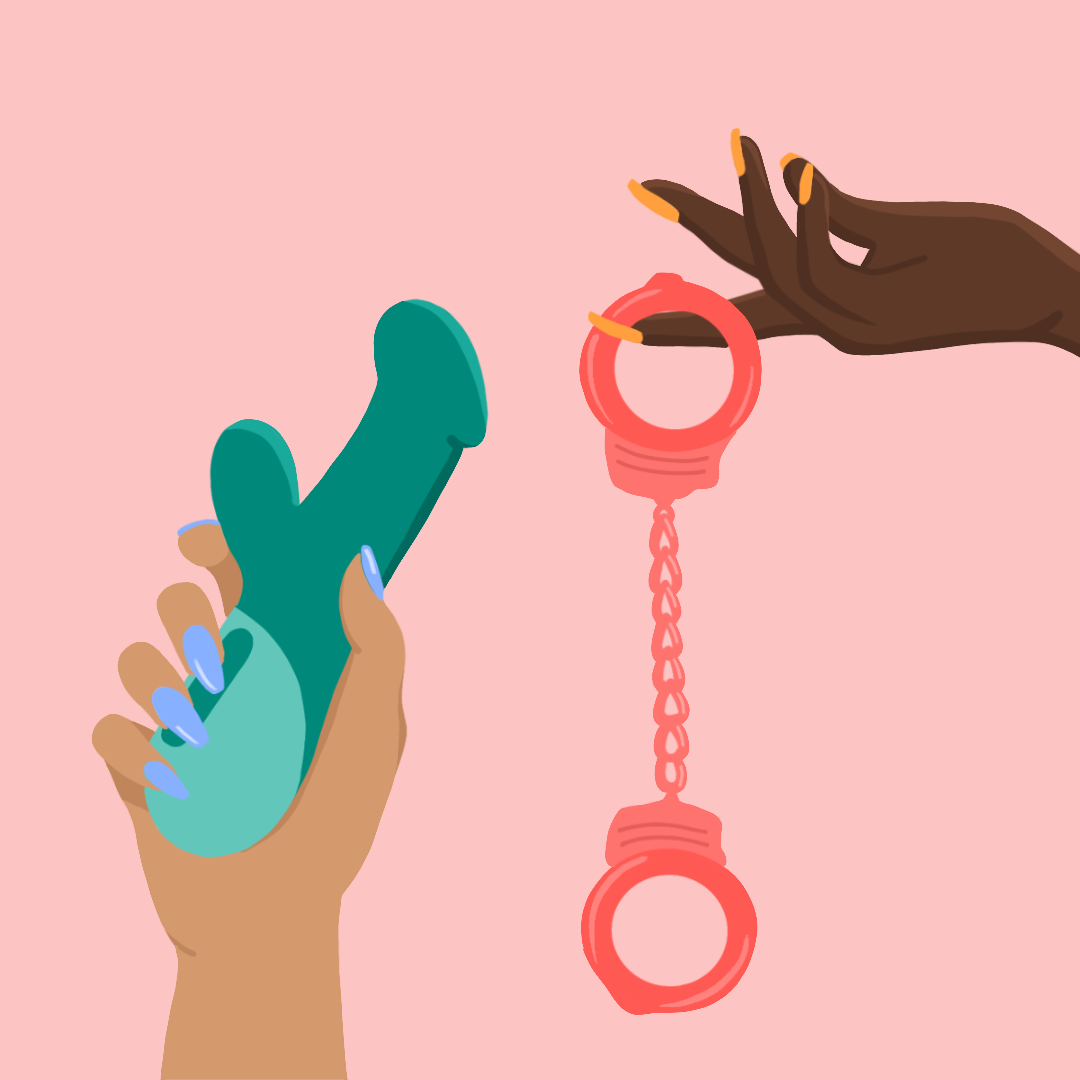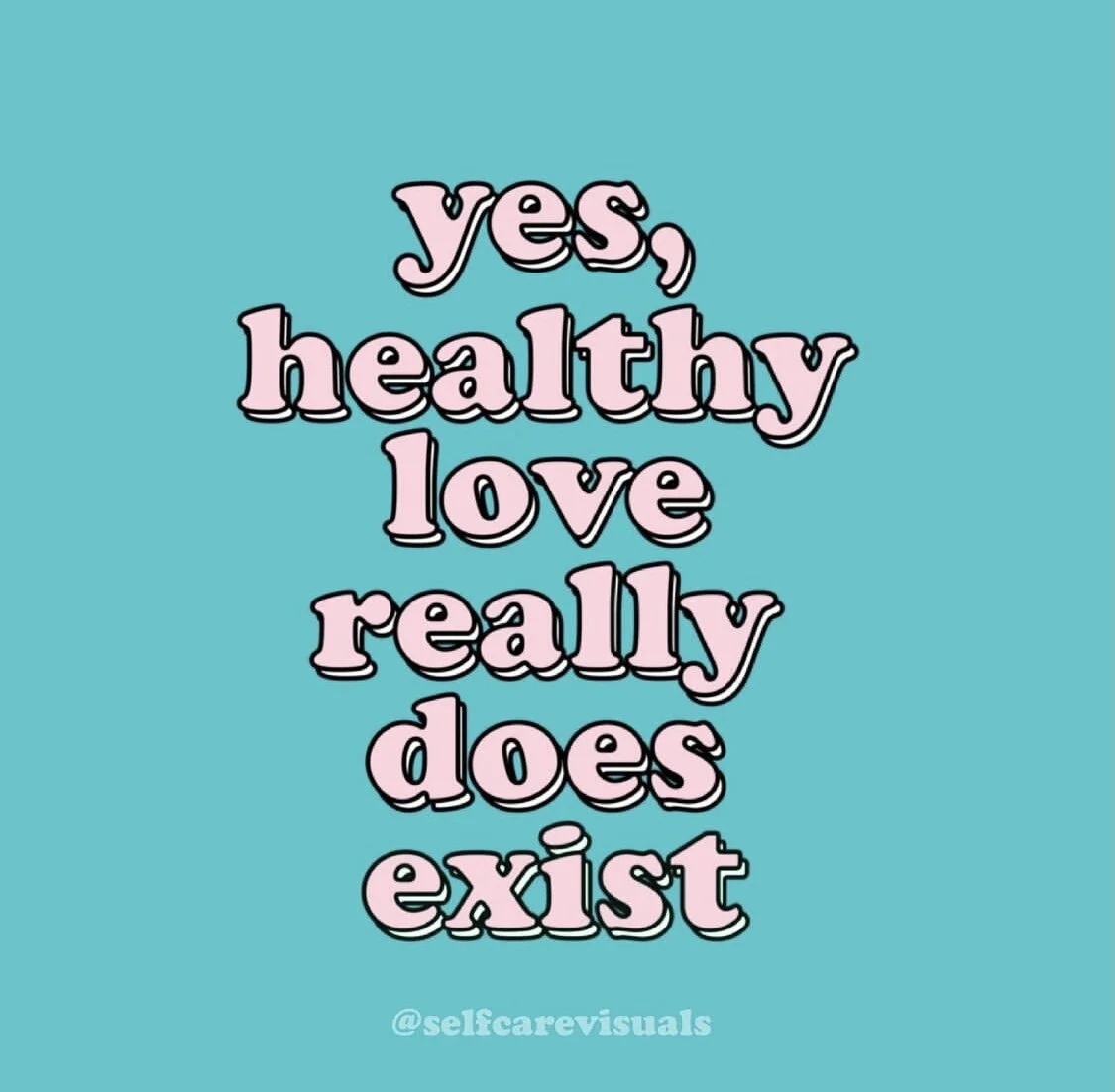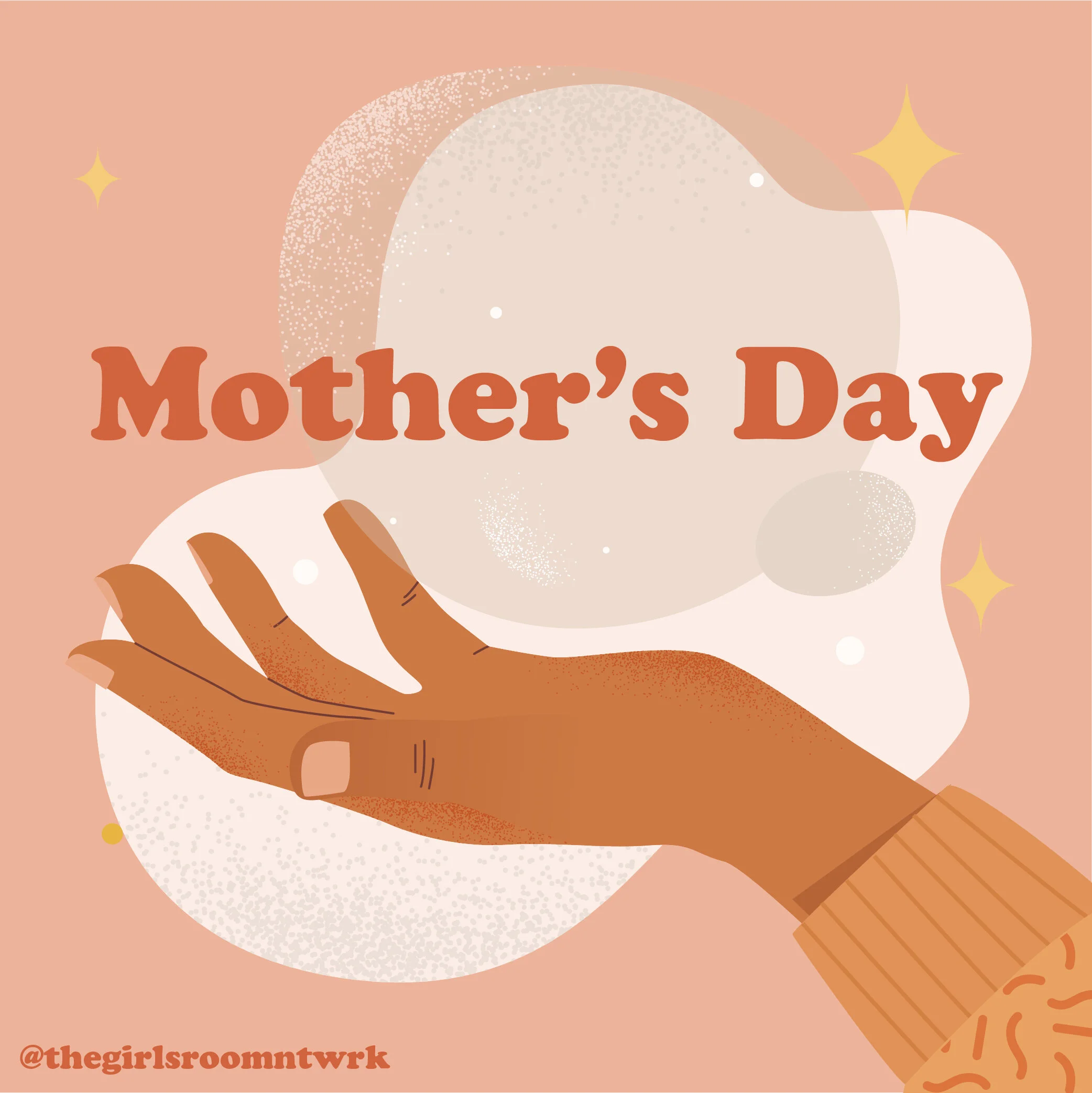Set Boundaries & Stick to Them
Whether at home or in the office, asking for what you need in both personal and professional relationships is critical to living authentically and taking care of ourselves and others. Depending on your past experiences and childhood upbringing, you may not know how to recognize what you need and set boundaries in relationships. Checking in with ourselves can give us the confidence that we need to prioritize our needs and conquer any fears or obstacles. How can we effectively communicate our needs to others? How can we both set boundaries and stick to them? What if we’re rejected or receive pushback?
A healthy relationship involves open communication that goes both ways and taking into account each other’s feelings according to experts at The Depression Project.
Brian Ogolosky, an associate professor in human development and family studies at the University of Illinois Urbana-Champaign, pinpointed the most popular tactics for relationship maintenance for couples gathered from published works in academia since 1950. To improve the partnership, Ogolosky found that open communication where there are no barriers to each other is imperative. Talking about the relationship involves reflecting on the union and discussing “where they think they are, where they are going and what their issues are.”
Though anxiety or guilt may come up while asking for what you need, Rebecca Hendrix, a licensed marriage and family therapist based in Los Angeles, says that it’s okay and healthy. "Remind yourself that it’s ok to ask for what you want in life, whether it be a promotion or the type of relationship you want,” she advises. “The worst thing that could happen is that the person says no. If they do say no, it's information that can help you take the next step that is best for you.”
Becoming your best advocate is a step toward creating the life that you want for yourself. Relationships where you feel heard, respected, and celebrated are necessary for your personal and professional growth. Here is a friendly guide to help support you.
Identify your values
In a New York Times article, Vanessa Marin, a licensed psychotherapist who runs a sex therapy practice wrote about how to follow through on the smart relationship advice you receive. She first recommends identifying your values. She references Mark Manson, a self-help author and blogger, who notes in his book “The Subtle Art of Not Giving a F*ck” that identifying your values as an individual and in partnerships can help improve relationships because it motivates specific behaviors that underlie those values. “[Manson] argues that the key to happiness is to not care about most things, and choosing a few specific, values-based things to actually care about,” writes Marin.
List your values out covering as much ground as possible so that you are clear to yourself about what makes you feel safe and your best self. Having conversations with a licensed therapist and asking questions about what is important and what is lacking are the framework for boundary-setting.
Set boundaries
“Simply put, boundaries are what set the space between where you end and the other person begins,” writes Jennifer Twardowski, a self-love coach, teacher, and HuffPost contributor. In order to create strong boundaries, according to Twardowski, we must first reflect, check in with ourselves and identify our feelings separate from the other person or even the workplace. Your feeling generally bad about something is an instinctive sign that something is wrong and whatever is causing your feelings must be addressed when it comes into your consciousness. If necessary, try meditating, breathing, journaling and tuning into your body to encourage you to validate your emotions and experiences.
Some examples of the kinds of boundaries to set up in your relationships may include how you will settle disagreements, like if a partner needs space; how you allocate alone time and solo time with friends and family; what you share; what you will and won’t do for each other, etc.
Honor your need/boundary by making it known
Twardowski then goes on to advise people to “decide what it is that you need to say to this person” or leaders of the organization. In professional partnerships, “stating exactly what you want - is scary for most women,” writes leadership and communication consultant, Peggy Klaus. “We worry that if we’re too direct, we’ll alienate the very audience we’re trying to win over.” Klaus recommends addressing any fears of potential consequences and then working on perfecting the “ask” by practicing a brief, clear account including why you want what you want and how your job will be affected, if at all. In corporate workplaces, women have to work on “putting your stake in the ground” and carefully determine “the best way to say what needs to be said,” Klaus writes.
Take care of yourself
To voice your needs will relieve you of a great burden as well as bring clarity about your relationship based on the reaction from the other person. “Keep in mind that if there is any backlash from the other person or if they want to argue, then it may be best to simply just walk away and focus on taking care of yourself,” writes Twardowski. She says that backlash is an indicator that they do not respect your boundaries. In order to remain confident and grounded in yourself, you should go for a walk and/or “do something to help yourself get re-centered and don’t spend too much (or any) energy focusing on what happened.” Otherwise, stress and fear-based thinking thrives and can lead to you reverting back to old ways or habits that do not serve your recent hard self-work. Compromising yourself to please others is dangerous and you deserve to be your full, authentic self in every space you enter. Instead, focus on shifting energy away from the disrespectful space toward positive actions and decisions that center the wellbeing of your mind, body, career, time, and resources.


















